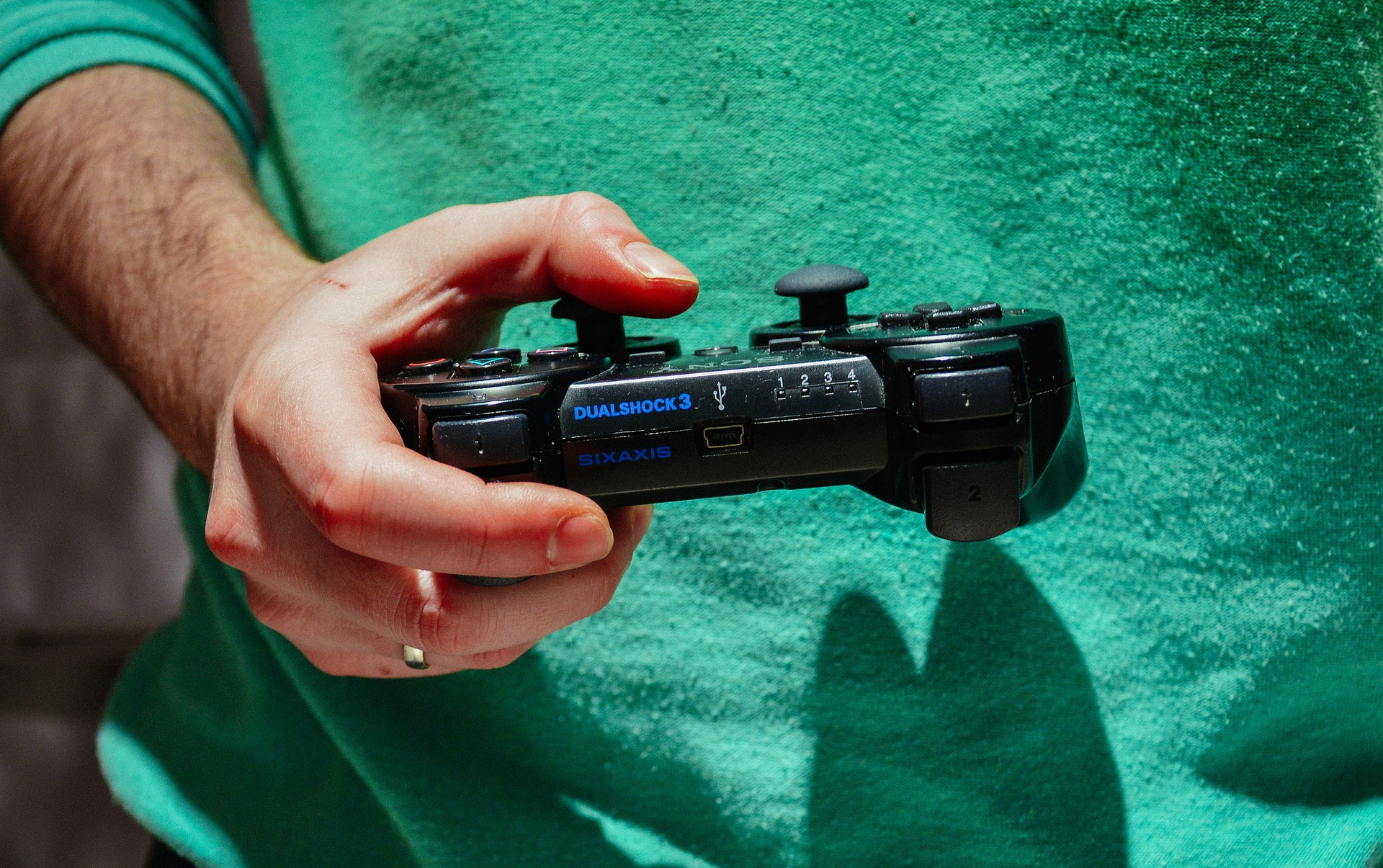Some Players May Get Early Access to Games — and Help Shape Them
Ever wondered what it’s like to explore a game before the rest of the world? Some studios open up early versions of their titles to select players — not just streamers or insiders. These gamers dive into pre-release builds, offering feedback and flagging issues as part of the development journey. It’s less about being a pro and more about curiosity, consistency, and interest in the process. While these opportunities aren’t public-facing or promotional, they give players a glimpse into how games evolve behind the scenes. Could your playstyle offer insight developers value?
Why Developers Rely on Early Player Feedback Before Launch
Game development involves countless moving parts, from complex mechanics to user interface design. Developers understand that their internal testing teams, while skilled, represent a limited perspective. Early player feedback provides fresh eyes and diverse gaming habits that can reveal overlooked issues or confusing elements.
Studios value this external input because it helps identify problems that might not surface until after launch—when fixing them becomes exponentially more expensive. Player testers often discover unexpected ways to break game systems, find confusing quest instructions, or highlight balance issues that could frustrate the broader gaming community. This feedback loop allows developers to make crucial adjustments before committing to final builds.
How Testing Unreleased Games Helps Improve Final Builds
Pre-release testing serves as a quality checkpoint that goes beyond traditional quality assurance processes. When regular players test unreleased games, they approach them without preconceived notions about how systems should work. This fresh perspective often leads to discoveries that improve the overall gaming experience.
Testing participants might notice that a particular level feels too difficult, a menu system seems counterintuitive, or certain features lack proper explanation. Their feedback helps developers refine gameplay mechanics, adjust difficulty curves, and polish user interfaces. Some of the most successful games in recent years have benefited significantly from extensive player testing phases that shaped their final form.
Exploring the Path From Casual Gamer to Trusted Tester
The journey from casual gaming to becoming a trusted tester isn’t as mysterious as many people think. Most opportunities arise through gaming communities, beta testing platforms, or direct applications to studios. Companies like Blizzard Entertainment, Epic Games, and smaller indie developers regularly seek community members willing to provide thoughtful feedback.
Building a reputation as a reliable tester involves consistent participation, detailed feedback reports, and adherence to confidentiality agreements. Many current testers started by participating in open beta tests, demonstrating their ability to provide constructive criticism and spot meaningful issues. Over time, studios begin recognizing valuable contributors and may invite them to more exclusive testing opportunities.
What Studios Look for in Gameplay Testing Participants
Game studios don’t necessarily want the most skilled players—they want diverse perspectives and reliable communicators. Ideal testing participants can articulate their experiences clearly, follow testing protocols, and provide feedback that helps developers understand player behavior patterns.
Studios particularly value testers who represent their target demographics. A family-friendly puzzle game might benefit from parent testers, while a competitive multiplayer title needs players familiar with that genre’s conventions. Communication skills matter more than gaming prowess, as developers need to understand not just what problems testers encounter, but why those problems occur and how they affect the overall experience.
How Secure Early Access Environments Protect In-Development Titles
Game studios invest heavily in protecting their unreleased content from leaks and unauthorized distribution. Secure early access environments typically involve signed non-disclosure agreements, watermarked game builds, and restricted access systems that track player activity.
Many testing programs use specialized platforms that prevent screenshots, streaming, or recording. Some studios provide testing through cloud-based systems that never allow game files to exist on testers’ local machines. These security measures protect not just the games themselves, but also the competitive advantages that come from keeping gameplay innovations secret until launch. Violation of these agreements can result in permanent bans from testing programs and potential legal consequences.
Testing Opportunities and Compensation in the United States
In the United States, game testing opportunities range from unpaid volunteer positions to part-time paid roles. Major studios like Activision Blizzard, Electronic Arts, and Ubisoft occasionally offer compensated testing positions, particularly for extended testing periods or specialized feedback requirements.
| Testing Type | Compensation Range | Duration | Requirements |
|---|---|---|---|
| Beta Testing (Volunteer) | Free game access | 2-8 weeks | NDA agreement, feedback reports |
| Focus Group Testing | $50-150 per session | 2-4 hours | Location-based, specific demographics |
| Extended Pre-Launch Testing | $15-25 per hour | Part-time, 1-3 months | Detailed reports, regular availability |
| User Research Studies | $75-200 per day | 1-2 days | Travel to studio, intensive feedback |
Compensation rates and opportunities vary significantly based on location, studio size, and project scope. Remote testing has become more common, expanding opportunities for players across different regions.
Prices, rates, or cost estimates mentioned in this article are based on the latest available information but may change over time. Independent research is advised before making financial decisions.
Game testing represents a unique intersection between passion and profession, where dedicated players contribute meaningfully to the development process. While not every gamer will become a trusted tester, those who demonstrate reliability, communication skills, and genuine interest in game improvement can find rewarding opportunities to influence the titles they love. The gaming industry continues evolving, and player feedback remains an essential component of creating experiences that resonate with diverse audiences worldwide.





